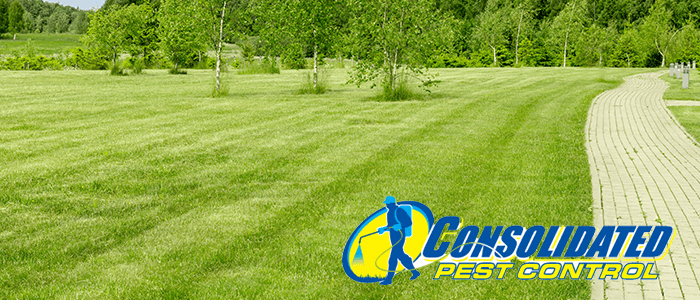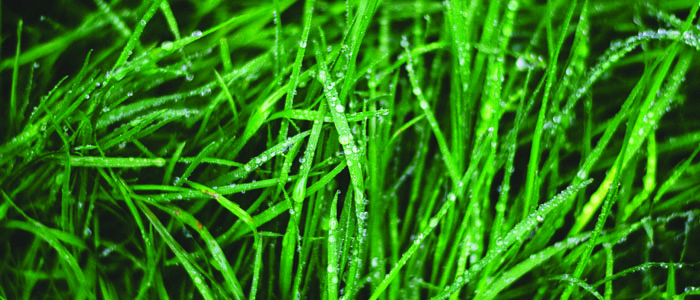
It can be a whimsical experience for a child to go out on a rainy day and find slugs sliming their way across the garden, latched onto the back of the house, gobbling up whatever they can discover. But for a gardener, it can be a frustrating and endless battle against gooey little snots that never seem to give up. Luckily, you can employ several tricks against slugs to keep your tender leafed plants safe this growing season.
“Electric” Fencing
Slugs are weird. You know it, and I know it. They’re little wads of muscle with wiggly eye stalks and slime. Luckily, we can use that slime against them. Slugs (and snails) are gastropods – A type of mollusk. They have a unique body composition that reacts with copper. A chemical reaction occurs that makes moving across copper uncomfortable for slugs, sort of like asking you to walk barefoot over a carpet covered in toy bricks.
Cooper tape wound around and around on a raised planter has shown to repel slugs and snails most of the time. When placed thinly, a slug or snail can stretch itself over and carry on undeterred, but when applied in widths greater than four inches, the copper tape proves to be insurmountable for most slugs.
Yes, “most” slugs. Despite the chemical reaction, some can get past the copper and continue to snack on your leaves. However, for a cheap solution, the results are usually worthwhile.
“Insect Dust”
“Insect dust”, a.k.a. diatomaceous earth is a chalky white to off-white powder sold in many garden shops. It is made of tiny sea creatures’ fossilized remains, whose skeletons are broken up and become remarkably sharp tiny shards of broken glass for things like slugs. The small skeletal fragments dig into their soft bodies and dehydrate them over time, causing them to go elsewhere or leak out like a water balloon on a thumbtack.
Considered a soil treatment, the powder can be sprinkled around your plants to make it harder to impossible for slugs to climb up onto your plants. It can irritate the eyes and lungs because it is a fine silicate substance, so use protective equipment when handling it. Be sure you also purchase food grade diatomaceous earth, not pool grade. Food grade diatomaceous earth is pointier and will hurt slugs, earwigs, and other pests a lot more than pool grade. After it rains, you will have to reapply it, but luckily, this is one of the market’s cheapest products. It’s very light, and a pound of it will typically run you a couple of bucks.
Traps on Tap
If the chalky seashells and copper tape don’t do the trick, you can opt for a more lethal solution. To make these traps, you will need a jar with a lid, a small stick, and a little bit of beer. Pour a small amount of beer in the bottom of a shallow, wide jar and bury it in your garden up to the neck of the jar. Prop the lid open with the stick so that there’s room for the slug to get in and decent protection from rain, and leave it to sit overnight.
The scent of the beer will attract unwitting slugs from all over, and they will slide down into the jar and drown in the beer. You’ll have to empty and refill the traps periodically, but they are very effective to the point that some gardeners opt to bury beer bottles in their garden right up to the neck of the bottle.
In Conclusion
By understanding what slugs are and aren’t attracted to, you can begin to manage the problem and save your plants from their endless appetites.








